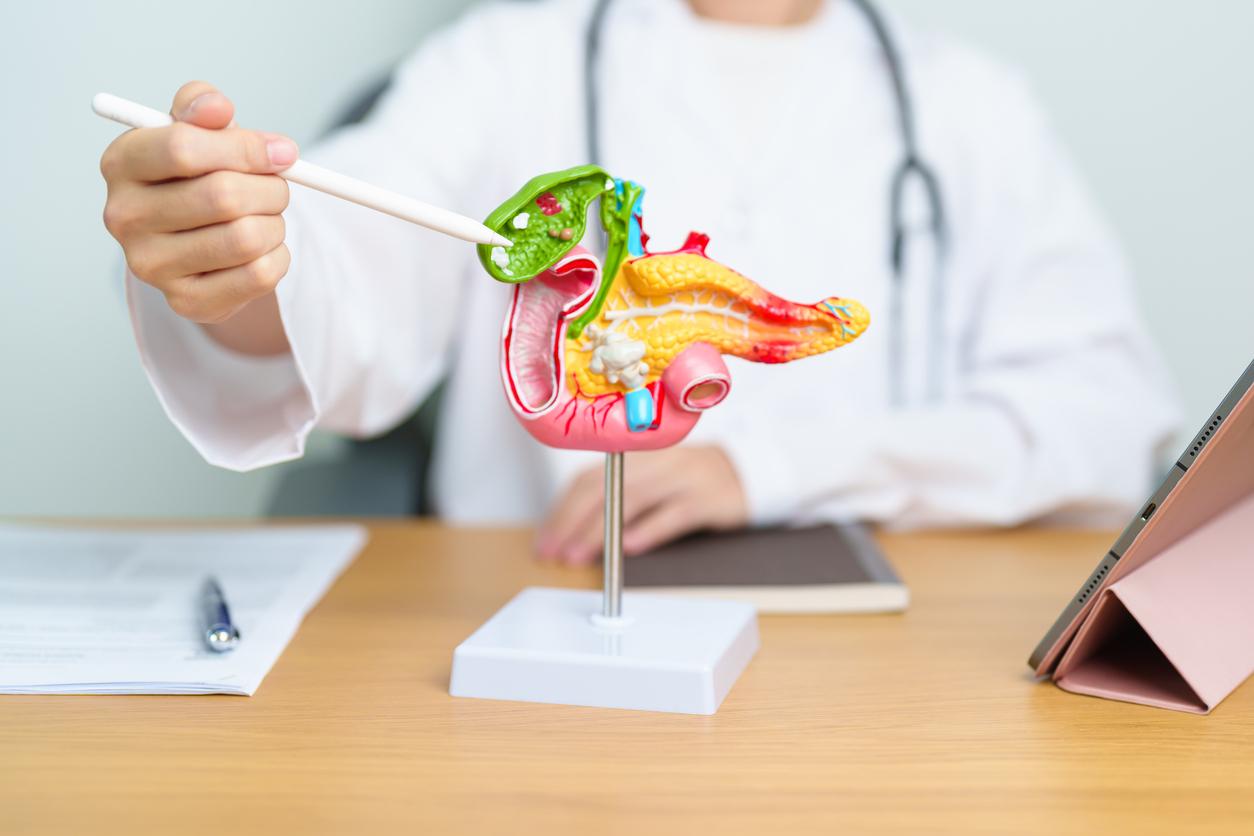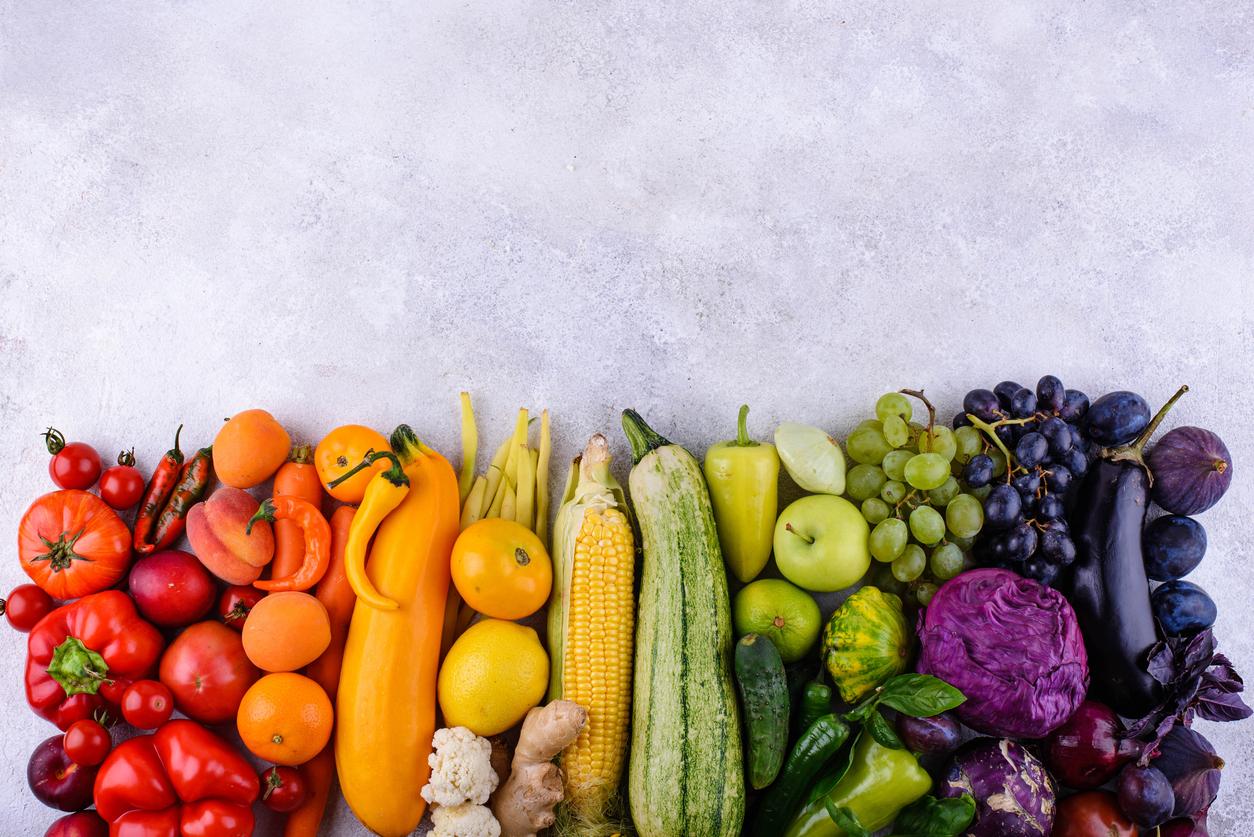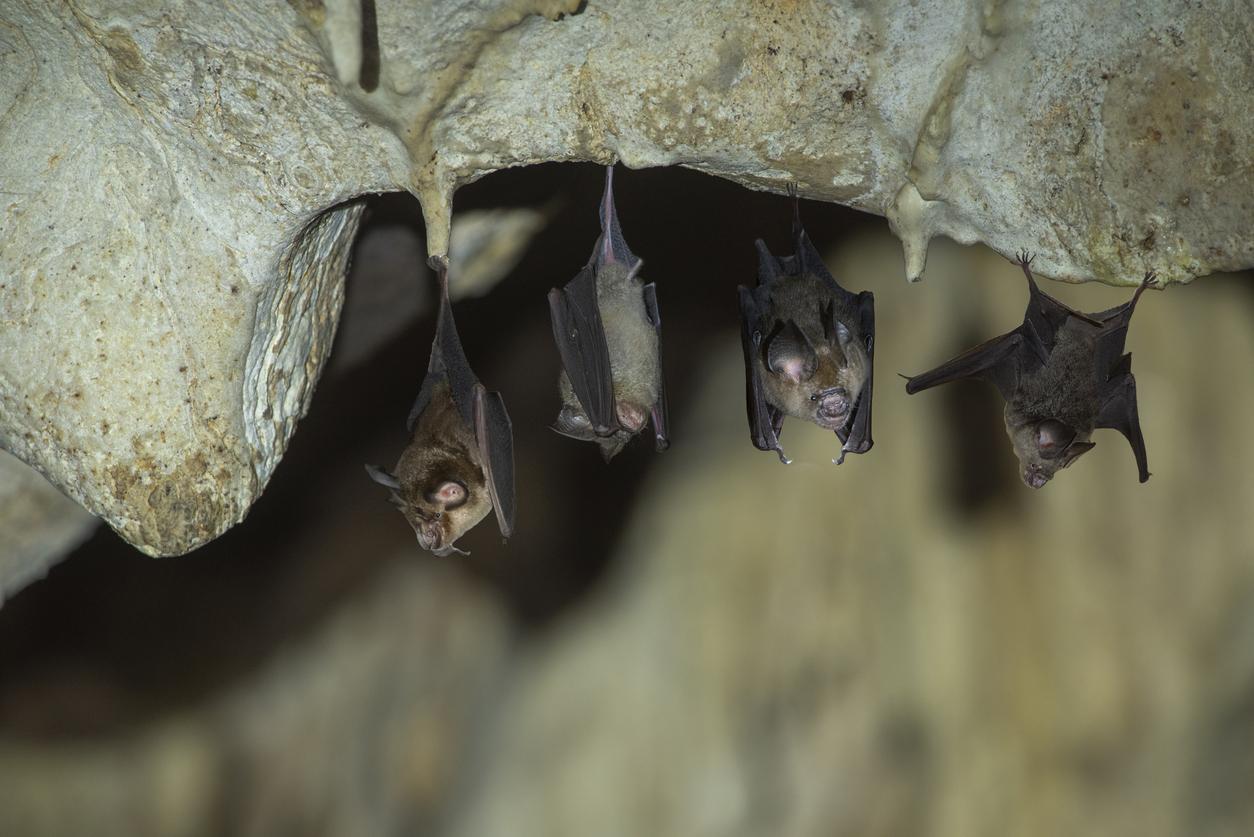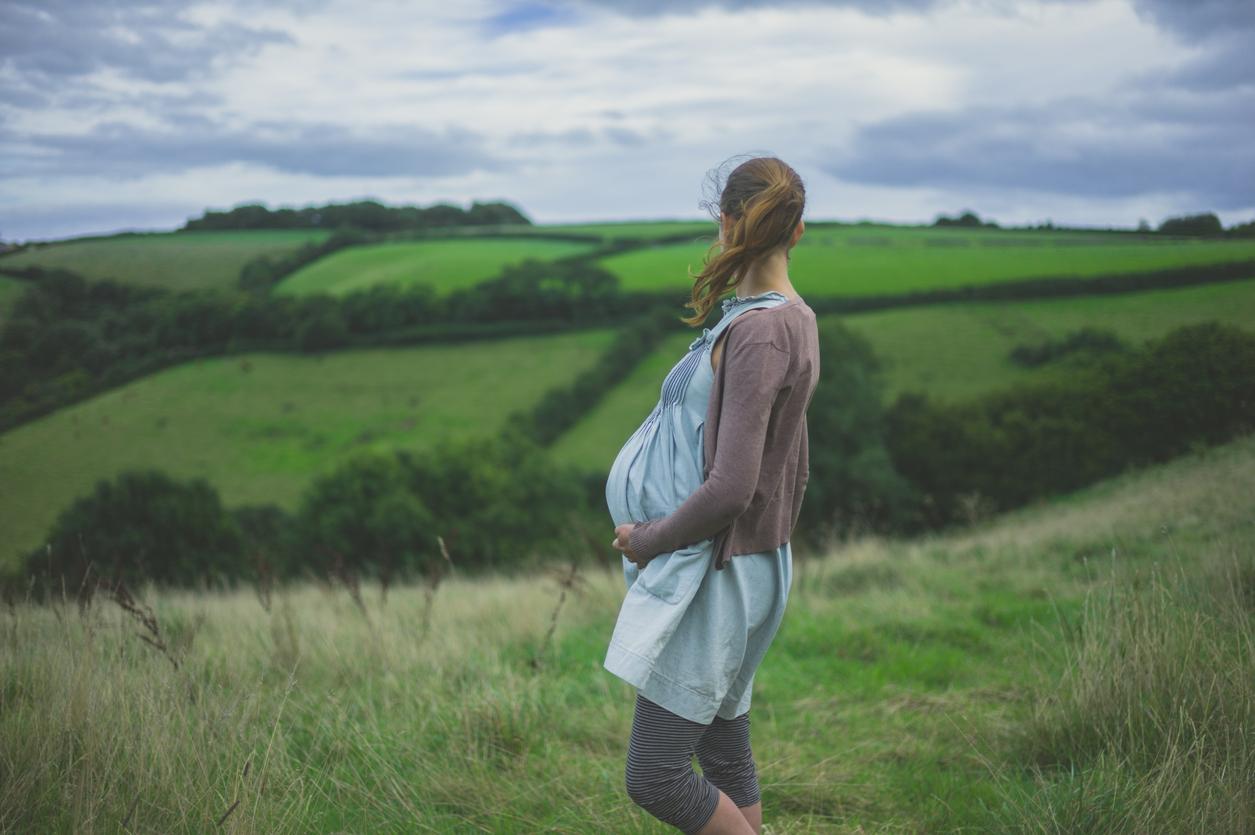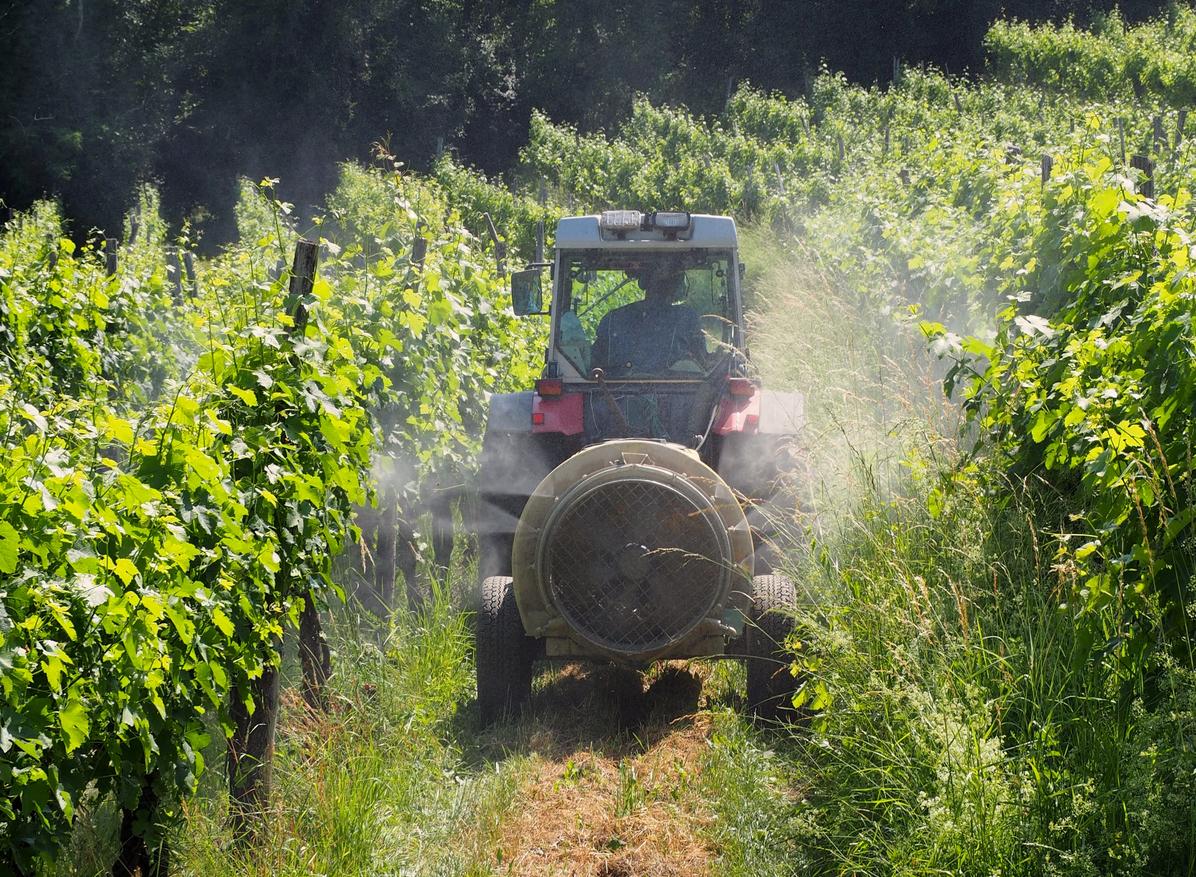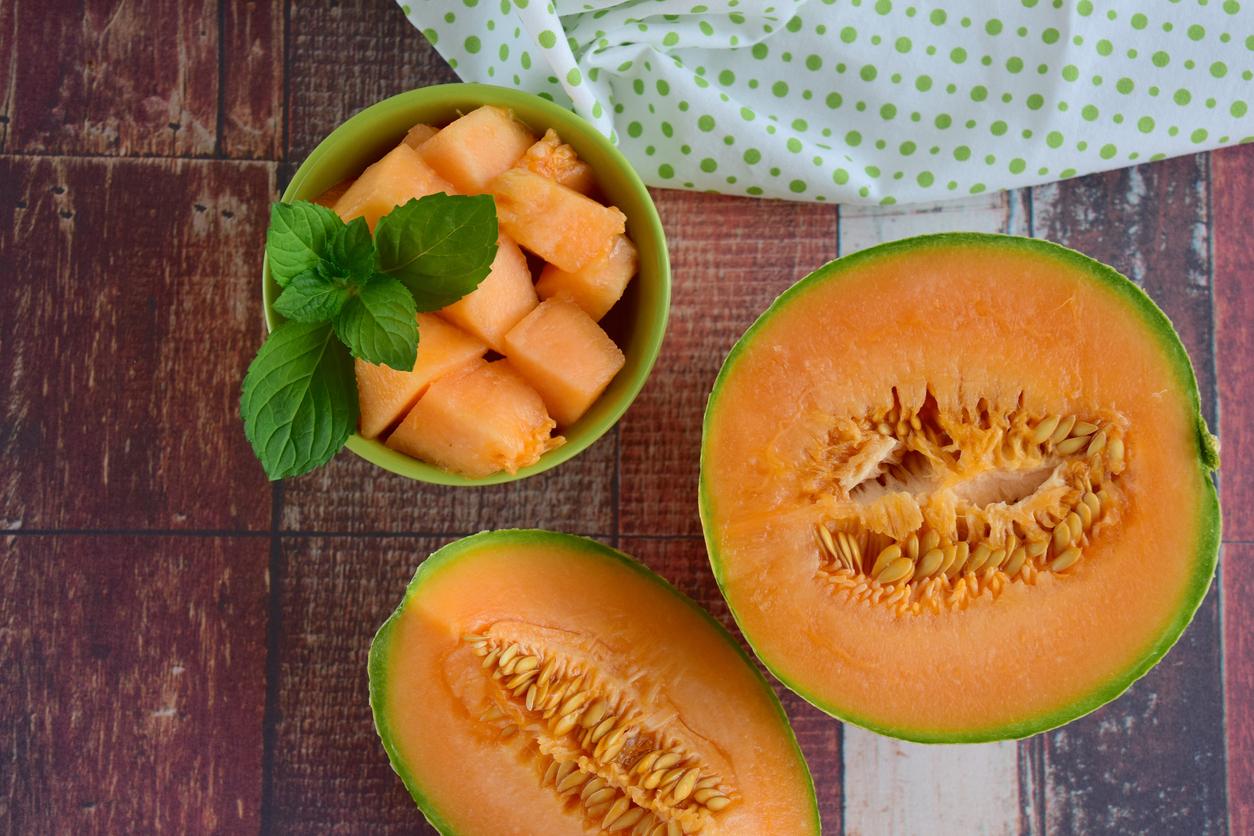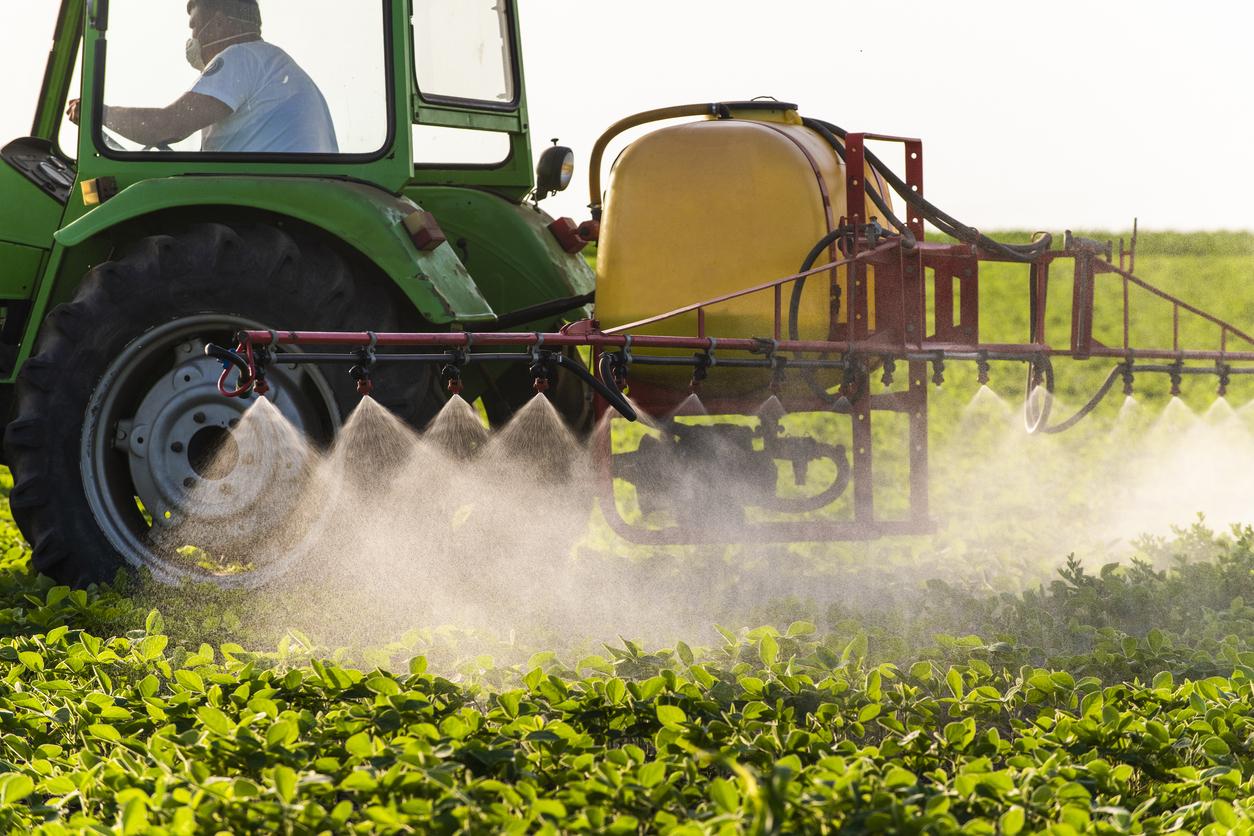The NGO Greenpeace publishes a ranking of large retailers according to their practices vis-à-vis pesticides.

“The supermarket chains love to compare themselves to each other: on the low prices, their proximity to the French, the local origin of their products … Surprisingly, they never do so on the use of pesticides”! Based on this observation, the NGO Greenpeace decided to launch last year the ” race to zero pesticides », Which scrutinizes the practices of six major brands. Objective: to climb the steps of the podium as companies show their white paw when it comes to pesticides.
Good students …
A year later, here is the results of this competition in which the brands participate willy-nilly. To triumph, they must make clear efforts to eliminate the most dangerous pesticides from fruits and vegetables (apples and potatoes, the most contaminated, in the lead). They must also support farmers who commit to produce without pesticides, and ensure transparency vis-à-vis consumers.
It is Carrefour and U who win this first stage. “In 2015, at least one family of pesticides was removed from four Carrefour brand products,” says Greenpeace, citing the kiwi from the South-West, grown without insecticide, broccoli from Brittany, without herbicides, as well as the old tomato and durum wheat from Provence.
However, these good practices concern “stocks that are still too marginal”. In addition, “Carrefour continues to use certain neonicotinoids” – substances which should nevertheless no longer appear on the plates of the French from 2018.
As for U, the firm has established “a black list of residues, authorized in the regulations but which the brand does not wish to find on its private label fruits and vegetables, because they are considered too dangerous for human health”. According to the NGO, U is the only brand that has put in place “strong restrictions on pesticides on all the fruits and vegetables in its range”.
… and bad players
Auchan, Casino and Intermarché, for their part, are content with “the minimum union level”: compliance with regulations and standard good practices, minimum transparency and “no novelty in relation to producer relations”. The three brands “must really take part in the race”, encourages Greenpeace.
On the other hand, if there is a sign that does not want to play at all, it is Leclerc. The company still refuses to communicate “concrete information on the use of pesticides for the production of its products”. Leclerc’s “low price race” is deemed “incompatible” with the development of responsible agriculture.
.







